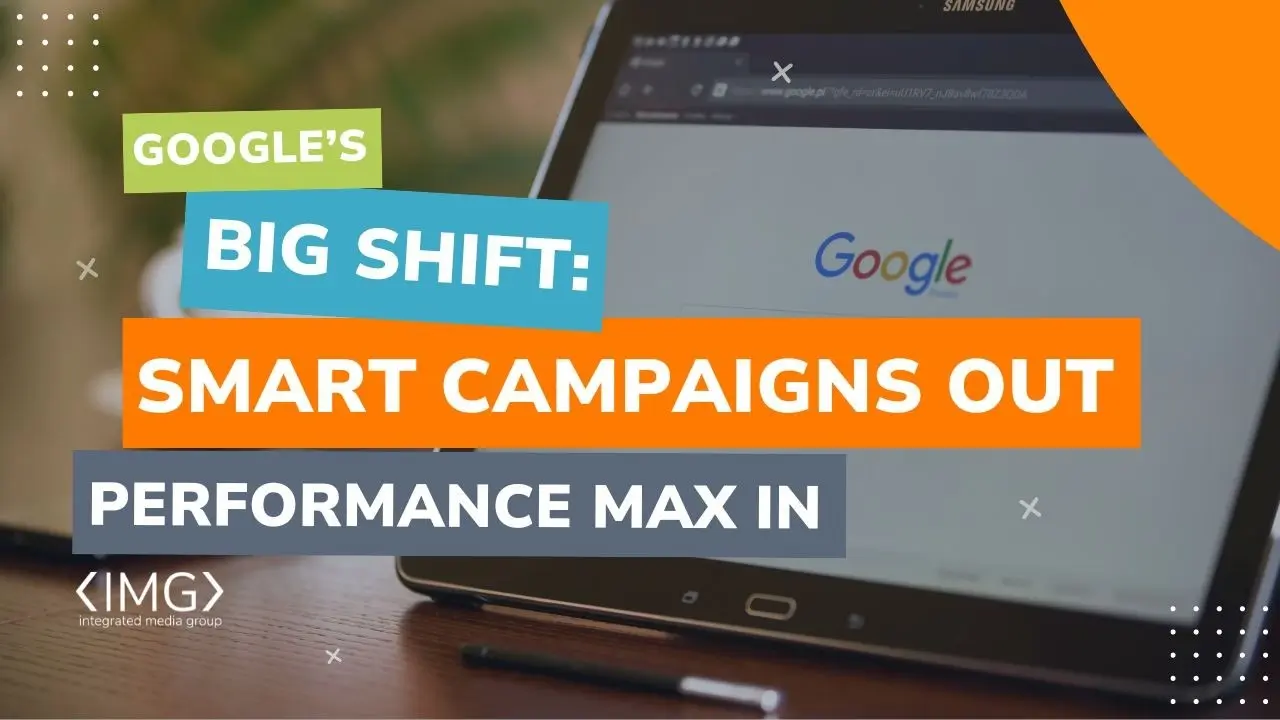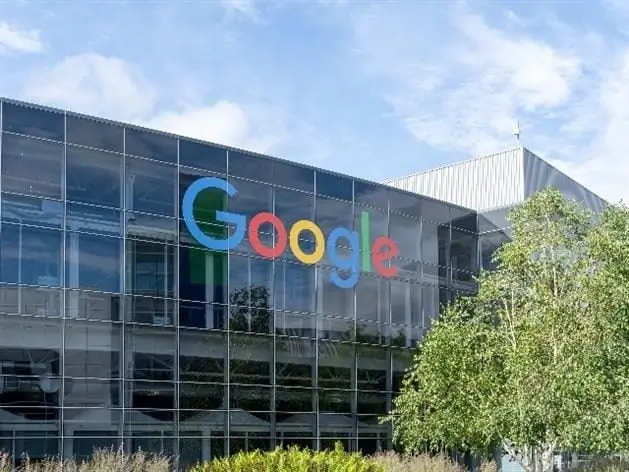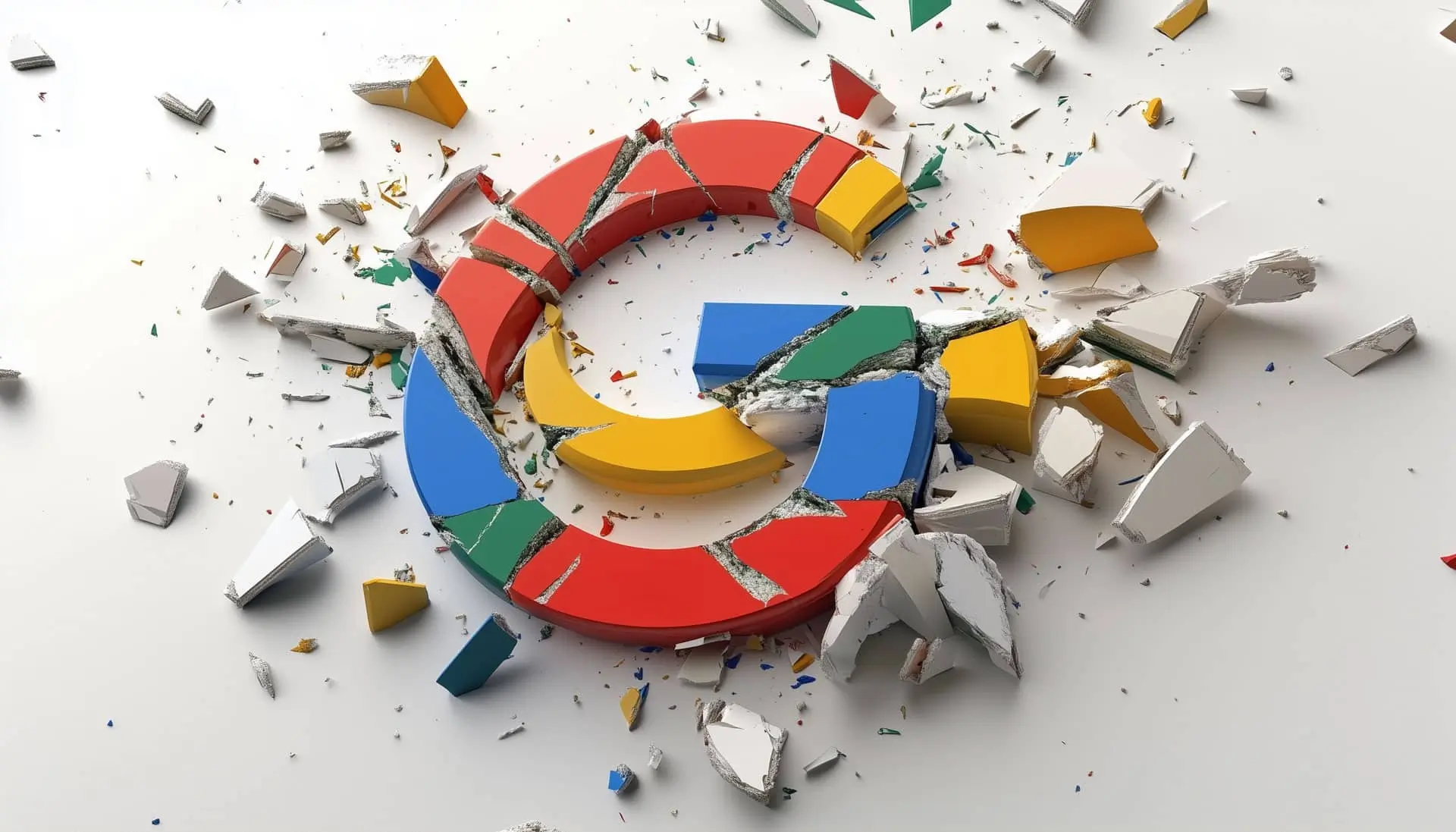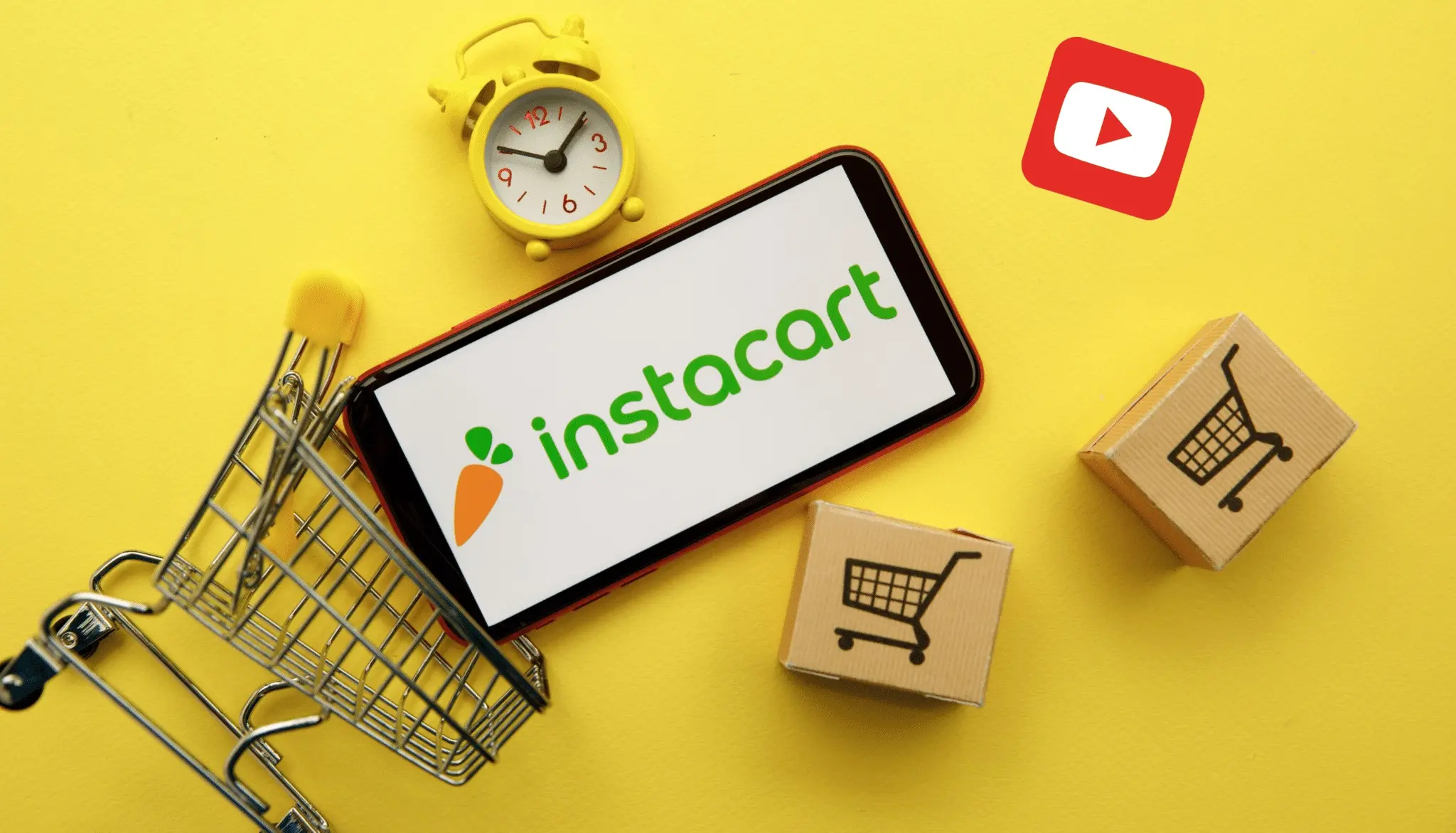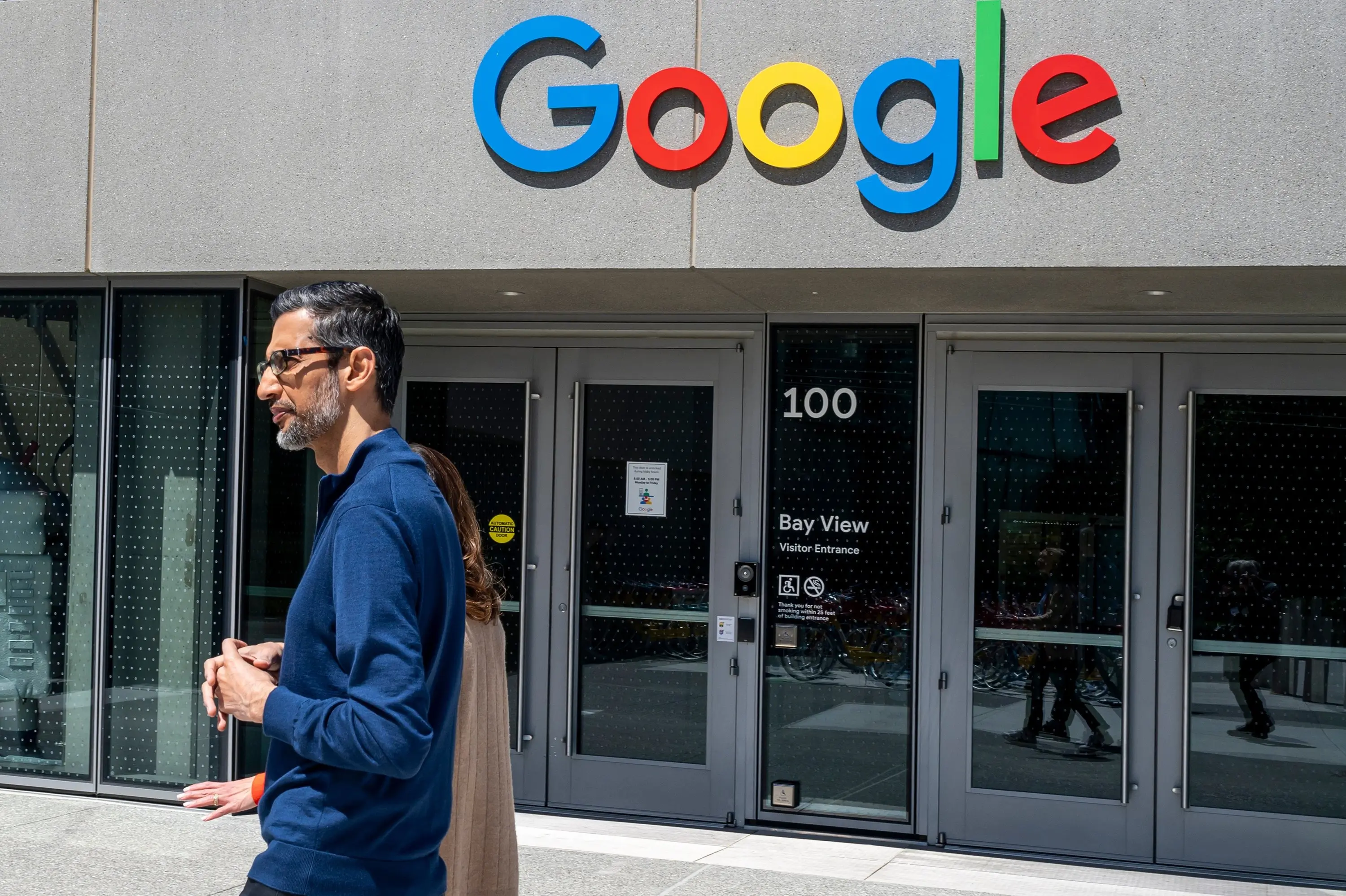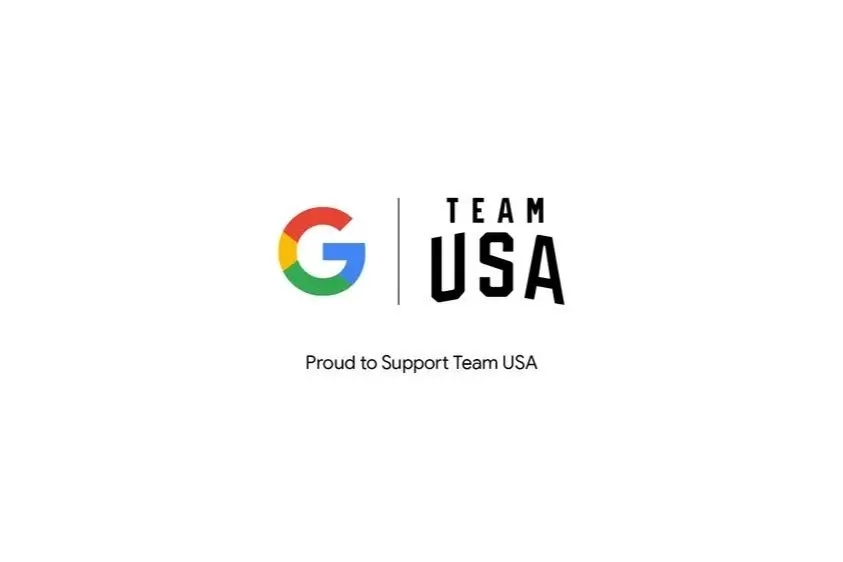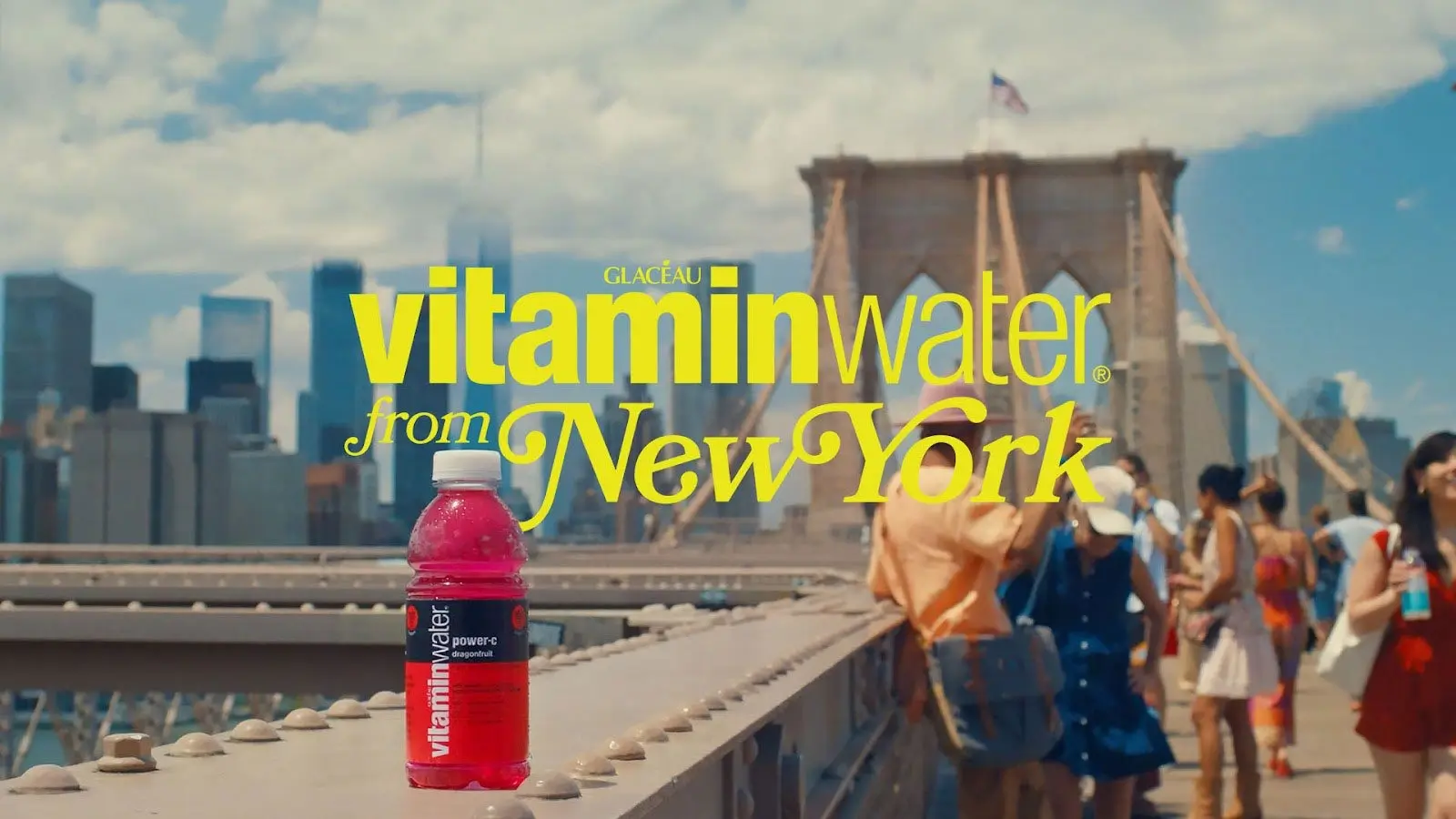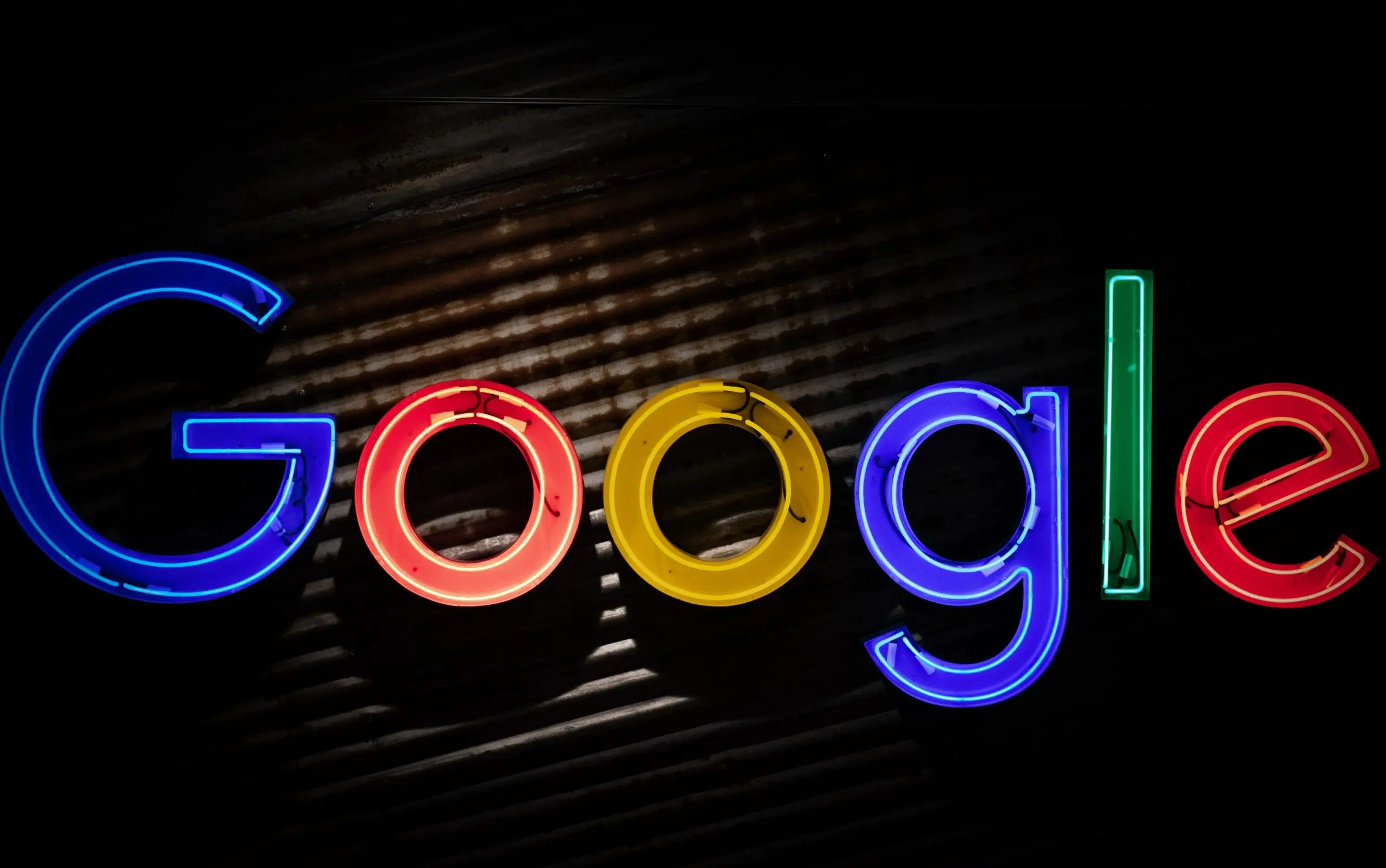Unilever aims to grow its brands by fostering innovation that “scales and expands categories,” rather than merely introducing “new news.”
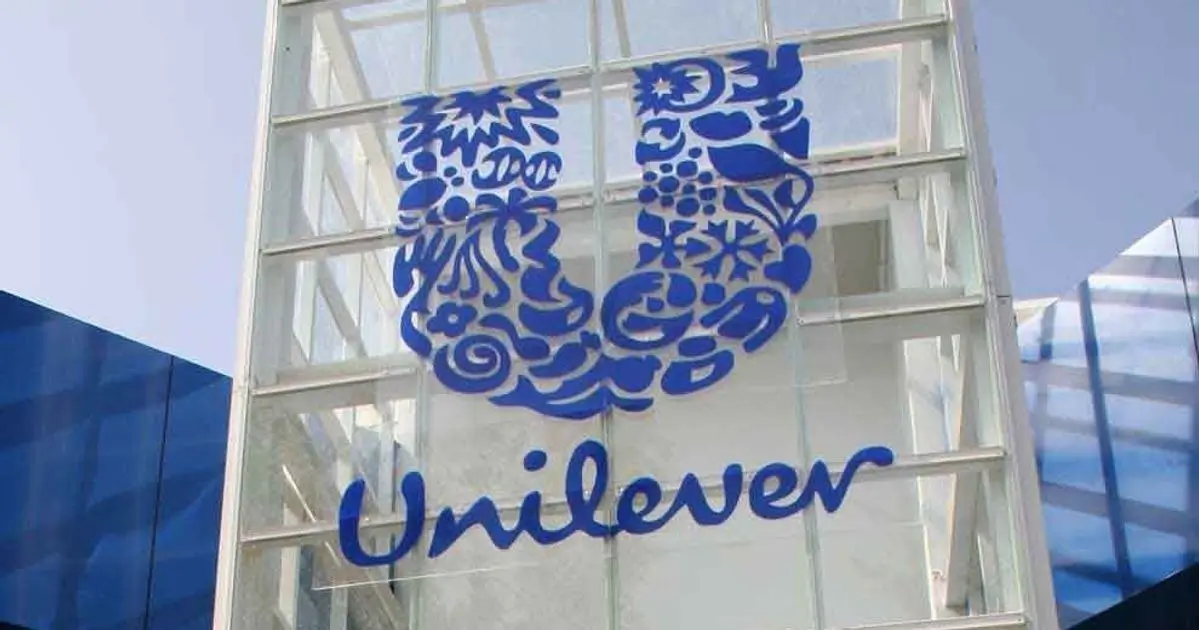
Unilever’s CEO Hein Schumacher asserts that the company is becoming “simpler, better and more impactful” following a boost in volume sales during the first quarter of its fiscal year.
During this period, Unilever achieved a 4.4% increase in underlying sales, resulting in a turnover of €15bn (£12.9bn), with a 2.2% rise in volumes. Schumacher characterized this performance as an “improvement” but acknowledged that there is still progress to be made. Since taking on the role of CEO in July, he has committed to driving “faster growth” and creating a “more focused and productive” organization.
He introduced a Growth Action Plan for the FMCG giant aimed at enhancing competitiveness.
“This plan has three components: delivering faster growth, operating in a more focused and productive manner, and sharpening our performance edge,” Schumacher explained to investors on April 25. “The ultimate goal is to ensure that everything Unilever does is simpler, better, and more impactful.”
In its quest for faster growth, Unilever has concentrated on its “power brands,” which represent about 75% of its turnover. These power brands spearheaded growth in the quarter, with sales increasing by 6.1% and volume sales rising by 3.8%.
Addressing investors, Schumacher emphasized that the company is not “neglecting” its other brands, but the primary focus remains on the power brands. Aligned with its mission “to do fewer things better and with greater impact,” Unilever also announced plans to separate its ice cream business, a move Schumacher believes makes “good strategic sense” for both Unilever and its ice cream brands.
Additionally, the CEO’s strategy for growth involves focused innovation.
“We’re concentrating on developing market and category growth through bigger, better, and fewer innovations,” he explained.
The company is advancing its multi-year innovation pipeline, already experiencing success and “incremental” growth from these innovations, according to Schumacher. He highlighted Vaseline and Persil as examples.
“Unilever is leveraging our R&D expertise with the launch of Persil’s ‘15 Minute Wonder Wash,’ which we anticipate will create a new market segment by addressing evolving laundry habits,” Schumacher said.
“We aim for innovations that can scale and add category value over the long term, rather than a constant churn of new products that don’t make a significant impact,” he added.
Unilever is also striving for faster growth through enhanced execution. The company has conducted “granular brand assessments” across products representing about a third of its turnover and aims to extend this to half of its portfolio by May to ensure these products offer “unmissable superiority.”
Doubling Down, Not Watering Down, Sustainability
Last week, Unilever announced updates to its environmental and social commitments. Previously aiming to halve its use of virgin plastics by 2025, the company now targets a one-third reduction by 2026. Additionally, it revised its pledge to pay direct suppliers a living wage by 2030, now focusing on ensuring fair pay for suppliers representing half its annual spend on goods and services by 2026.
“Let me be clear, we are doubling down, not watering down,” Schumacher emphasized. “We are intensifying our efforts in areas that have the most significant impact on our business, where a more focused approach will enable us to drive real change at scale.”
During the investor call, Schumacher was questioned if the adjustments to sustainability commitments indicated that such initiatives had proven more costly than anticipated.
“Our renewed focus and urgency for systemic change were not due to the investments being too high or unaffordable,” he clarified. “It was a deliberate choice to enhance performance in ESG.”
